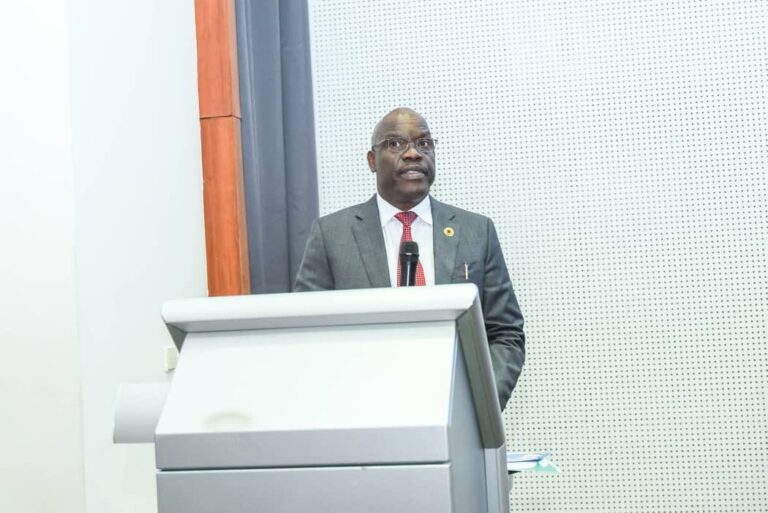Upstream reforms: Nigeria opens 2025 licences
Nigeria will open its 2025 oilfield licensing round on 1 December, aiming to unlock new upstream investment, lift production by an extra one million barrels per day and validate reforms under the Petroleum Industry Act amid tight global capital.

Nigeria’s upstream regulator has confirmed that the 2025 oilfield licensing round will begin on 1 December, backed by presidential approval under the Petroleum Industry Act. Announced at an investment forum in London, the launch is embedded in a broader push to add one million barrels per day of production capacity and reposition Africa’s largest oil producer as a competitive destination for upstream capital in an era of energy transition.
The mechanism is twofold: monetise untapped reserves and de-risk capital deployment. By putting a new cohort of blocks to market while highlighting a pipeline of 46 approved field development plans, authorities seek to convince investors that Nigeria’s upstream landscape is shifting from regulatory uncertainty to structured opportunity. Rig counts have climbed above 60, with roughly 40 active, and current production has recovered to around 1.7 million barrels per day with higher peaks. The government is presenting these indicators as evidence of reform traction and production recovery.
For Nigeria’s macro framework, a successful licensing round is pivotal. Oil revenues remain central to fiscal health, FX earnings, and external-balance stability. Additional production can bolster reserves, support the naira, and create space for fiscal consolidation. Yet capital is mobile: investors weigh Nigerian terms against alternatives in other producers, as well as against low-carbon opportunities. The Petroleum Industry Act’s clarity on royalties, taxes, and host-community obligations is intended to narrow that gap, but perceptions of security risk, contract sanctity, and payment reliability still matter.
Funding constraints remain a central challenge. The regulator itself highlighted that access to capital is the biggest bottleneck in the upstream sector. Sanctions, ESG mandates, and portfolio rebalancing have reduced some traditional funding sources. The London forum’s explicit aim of connecting oil-company executives with international banks and investors indicates that Nigeria understands that regulatory reform must be matched by proactive capital-market engagement.
For investors, the opportunity lies in a combination of brownfield optimisation and frontier exploration. Many blocks may require redevelopment, enhanced recovery, or cluster solutions using FPSOs, FSOs and modular facilities to monetise reserves economically. The scale of the additional one million barrels per day target implies a focus on infrastructure sharing, logistics optimisation, and technology deployment as much as on pure resource size.
Risks include security in the Niger Delta, integrity of pipelines and terminals, potential policy reversals, and currency volatility. Investors will look for evidence that reforms are durable, revenue leakages reduced, and contract enforcement strengthened.
Forward indicators include the number of bids submitted, diversity and quality of bidders, signature bonuses, committed capex, subsequent rig activity, and incremental production by 2027. If the round attracts robust participation and translates into tangible investment and production gains, it will reinforce Nigeria’s case as a viable hydrocarbon producer even in a decarbonising world. If it stalls, questions about long-term competitiveness will intensify.





